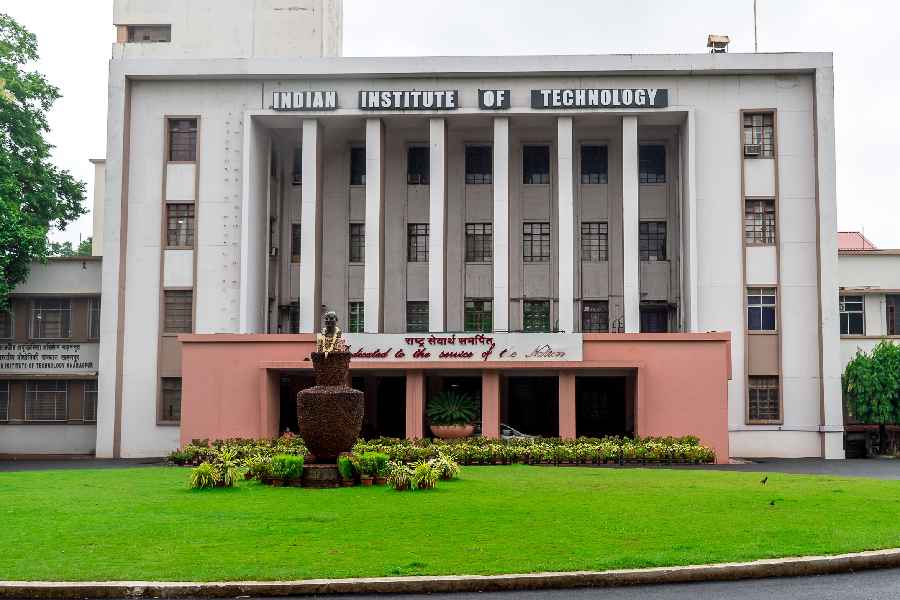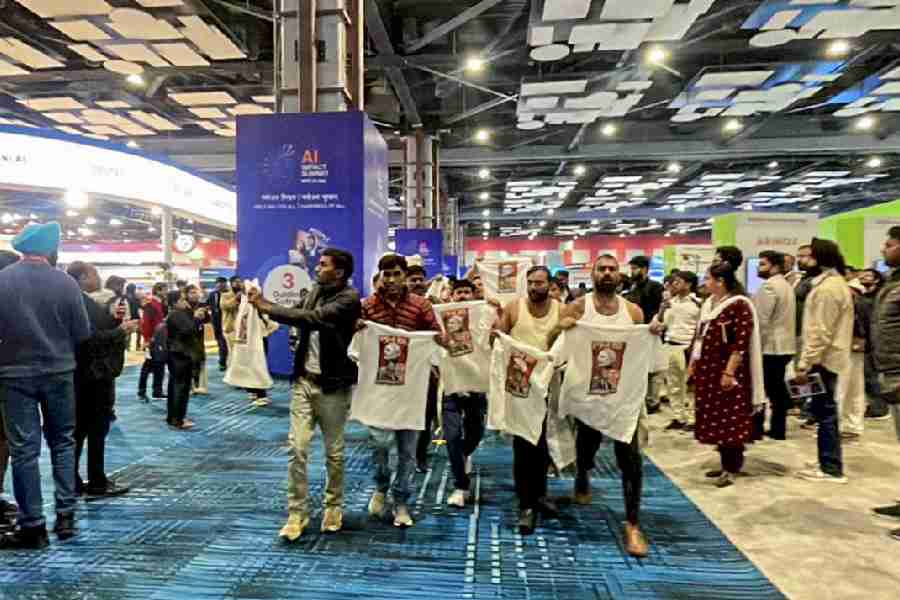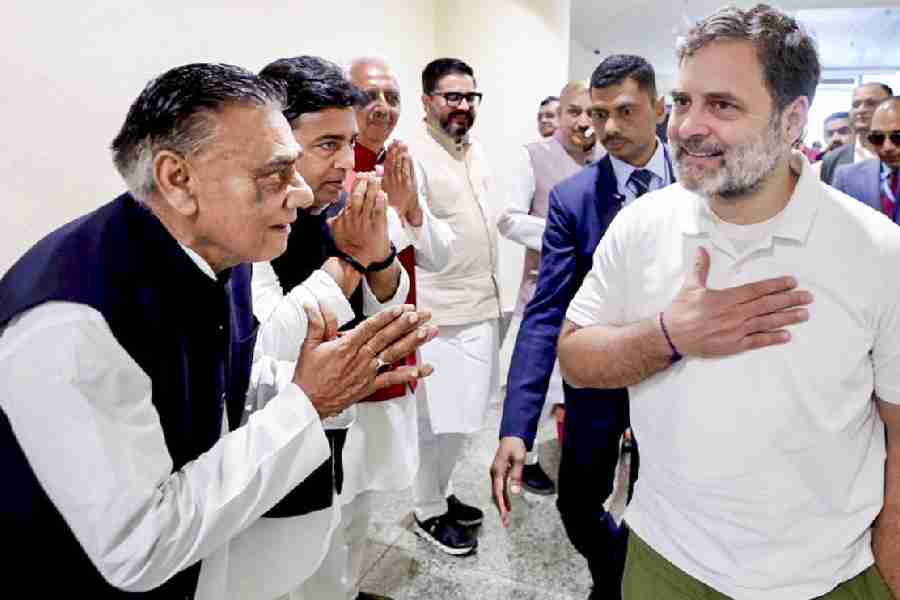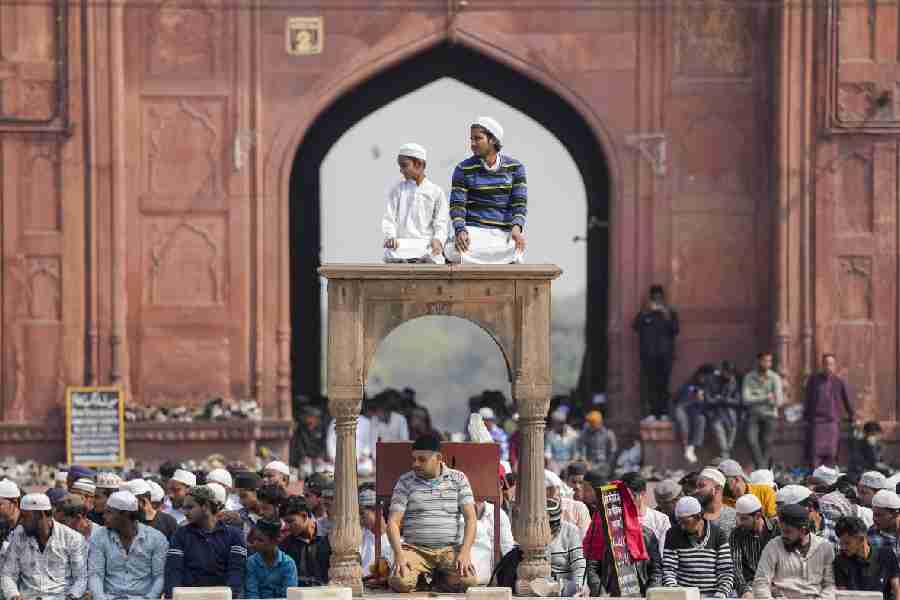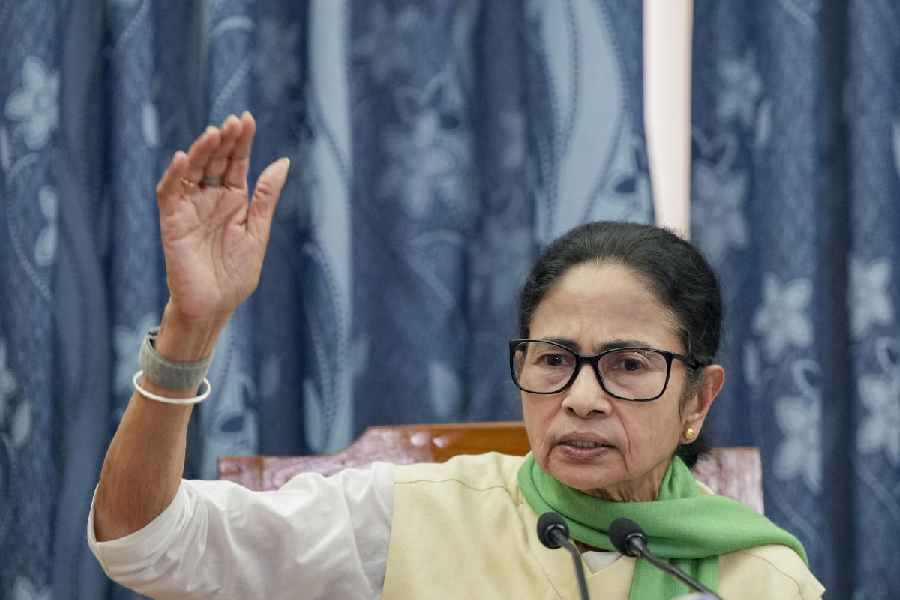A Supreme Court-appointed National Task Force visited IIT Kharagpur on Thursday following the deaths of four BTech students on the campus between January and July this year.
The four-member team, formed to address rising suicides on campuses, is touring higher education institutions across the country to assess and recommend preventive measures. The visit to IIT Kharagpur comes amid growing concern over student well-being.
“The Supreme Court has sent us here,” said Aparna Bhat, a member of the task force. “We are concerned not just about IIT Kharagpur, but about student deaths across campuses. While we cannot share details now, our reports will be out sometime, and we will suggest steps.”
On July 29, The Telegraph reported that a Supreme Court bench, comprising Justices J.B. Pardiwala and R. Mahadevan, had expressed alarm over increasing student suicides in educational institutions. During a hearing on July 28, Justice Pardiwala had asked: “What is wrong with your IIT Kharagpur? Why are students committing suicide at your institute? Have you given a thought to the problems?”
The task force was constituted against this backdrop.
On January 12, third-year electrical engineering student Shaon Malik died by suicide. His body was discovered by his visiting parents.
On April 20, Aniket Walker, final-year ocean engineering student from Maharashtra, was found hanging in his JC Bose Hall room.
On May 4, Mohammad Asif Qamar, third-year BTech student from Bihar, was found dead in his room at Madan Mohan Malviya Hall.
On July 18, fourth-year mechanical engineering student Ritam Mondal was found hanging in his hostel room.
On Thursday, the task force interacted with students in hostels at IIT Kharagpur, asking about the measures the institute had taken to prevent such deaths, and whether more needed to be done.
They also met with dean of student well-being Arun Chakrabarti, who briefed them on initiatives taken. “We have introduced a parents’ induction programme, strengthened our mental health support, and received suggestions from a team of external experts,” said Chakrabarti.
The post of dean of student well-being was created in July, following the spate of deaths.
IIT Kharagpur director Suman Chakraborty told Metro: “We have received recommendations from a 10-member external expert committee. The National Task Force will also submit suggestions. We are committed to preventing campus deaths and have already rolled out several proactive steps.”
During the induction event in July — opened to parents for the first time — Chakraborty had urged families to ease academic pressure and prioritise students’ mental health.
On April 20, Aniket Walker, final-year ocean engineering student from Maharashtra, was found hanging in his JC Bose Hall room.
On May 4, Mohammad Asif Qamar, third-year BTech student from Bihar, was found dead in his room at Madan Mohan Malviya Hall.
On July 18, fourth-year mechanical engineering student Ritam Mondal was found hanging in his hostel room.
On Thursday, the task force interacted with students in hostels at IIT Kharagpur, asking about the measures the institute had taken to prevent such deaths, and whether more needed to be done.
They also met with dean of student well-being Arun Chakrabarti, who briefed them on initiatives taken. “We have introduced a parents’ induction programme, strengthened our mental health support, and received suggestions from a team of external experts,” said Chakrabarti.
The post of dean of student well-being was created in July, following the spate of deaths.
IIT Kharagpur director Suman Chakraborty told Metro: “We have received recommendations from a 10-member external expert committee. The National Task Force will also submit suggestions. We are committed to preventing campus deaths and have already rolled out several proactive steps.”
During the induction event in July — opened to parents for the first time — Chakraborty had urged families to ease academic pressure and prioritise students’ mental health.

